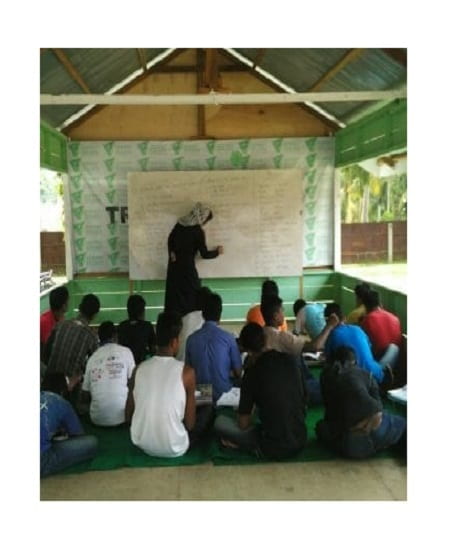After the 2004 tsunami, aid workers from all over the world flew into Aceh. In the aid world, “Aceh” is still associated with the tsunami, beneficiaries of the world’s largest humanitarian response in human history. This narrative not only reduces Acehnese to victims, it also overlooks the role of many Achenese in humanitarian efforts that began even before the tsunami. Aceh’s culture of humanitarianism thus evolved very differently from the rest of the international aid industry – one with important lessons on localization and humanity.
This humanitarianism was on full display when over a thousand Rohingya refugees arrived on Aceh’s shores in 2015, after 7 months of being ping-ponged between different Southeast Asian countries, each refusing them permission to disembark.
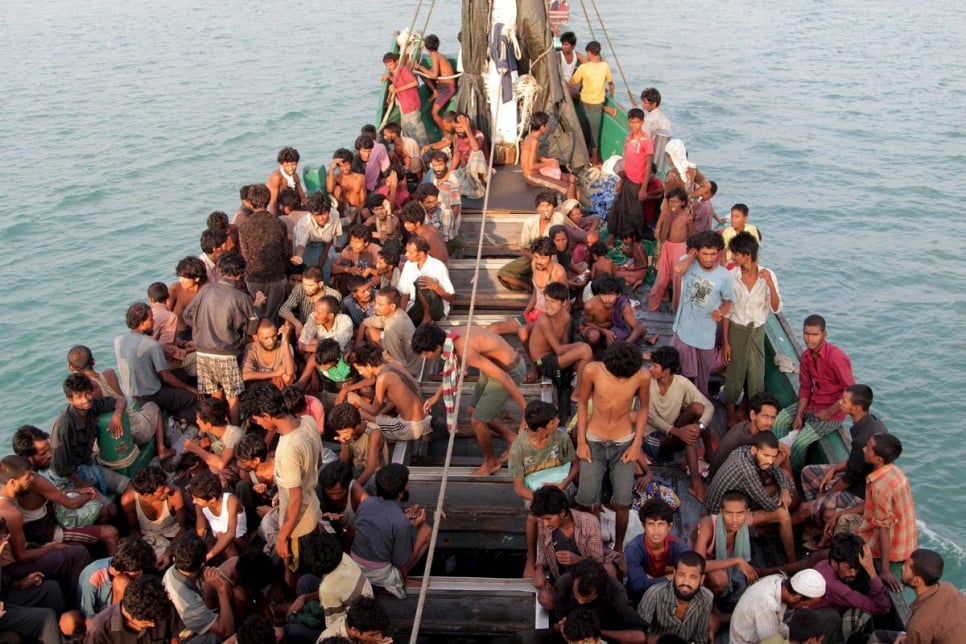
(Source)
Although the Indonesian coast guard were under orders to not let the refugee boats land, the Acehnese fishermen deliberately helped the refugees evade them to get to land. When asked why, the fishermen explain that this is their customary law, adat nelayan Aceh, or the custom of the Acehnese fisherman. Namely, when at sea, if they encounter anything that is in need of help, they are under obligation to offer assistance. This is mandatory for injured animals, what more fellow human beings.
Hence, contrary to the narratives in Malaysia and Indonesia, the fishermen are adamant that they did not simply offer help to the Rohingya because they were fellow Muslim brothers. As one of my interviewees put it:
“If we [Acehnese] only help these Rohingya because we come from the same religion, what makes us different from the Buddhists that are trying to throw out these Muslims from their own land?”
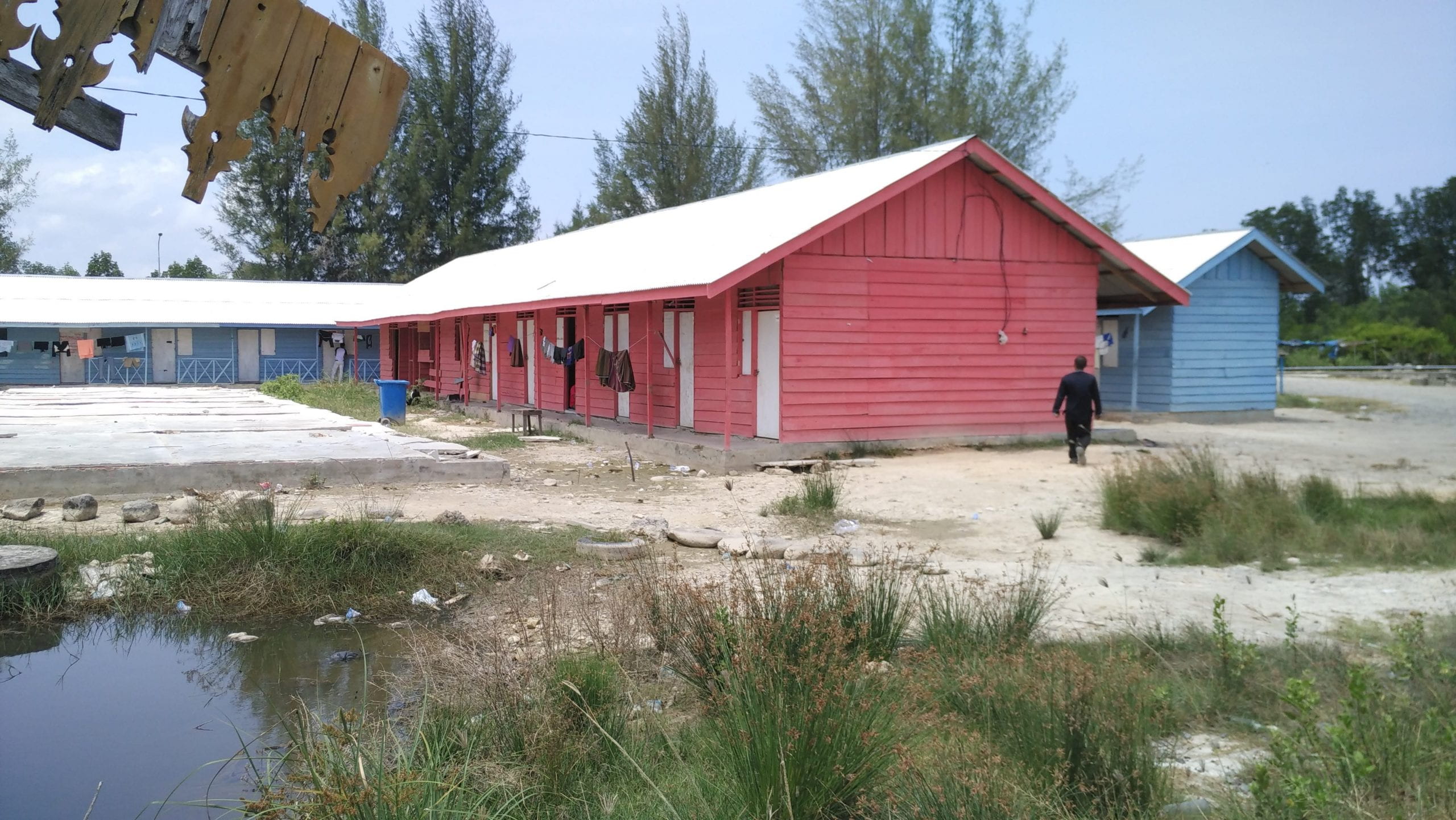
Aceh’s humanitarian response to the refugees did not stop at the initial rescue. They were given medical treatment, housed, fed, given language lessons, livelihood training, and even access to the local schooling system.
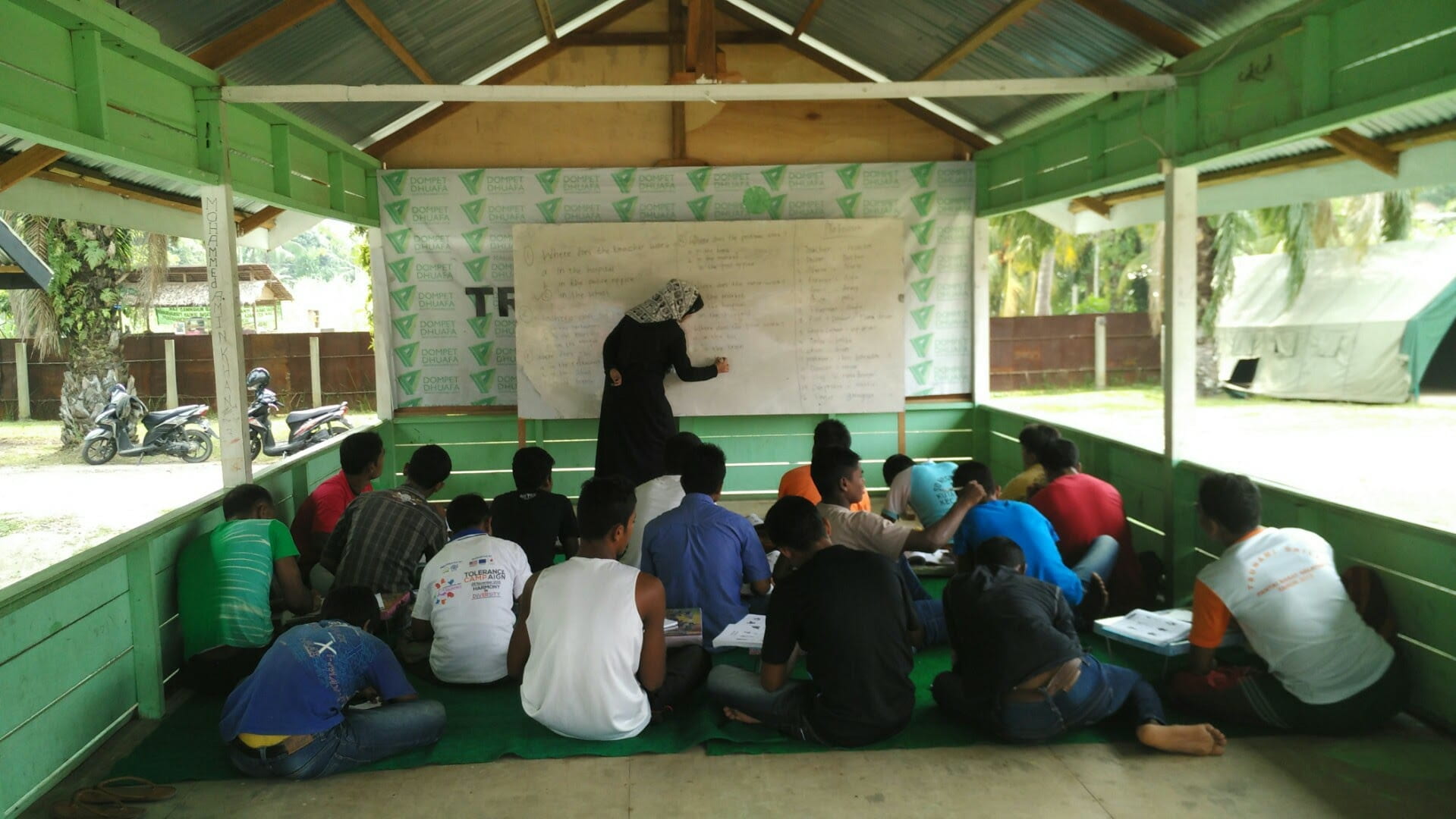
One of the most important things about the refugee camps in Aceh is the way they treat the refugees with dignity. While most refugee camps are renowned for confining refugee to the camps (like prison cells), I was pleasantly surprised when the Rohingya children brought me out of the camp to this adjacent swimming pool which they could freely use.
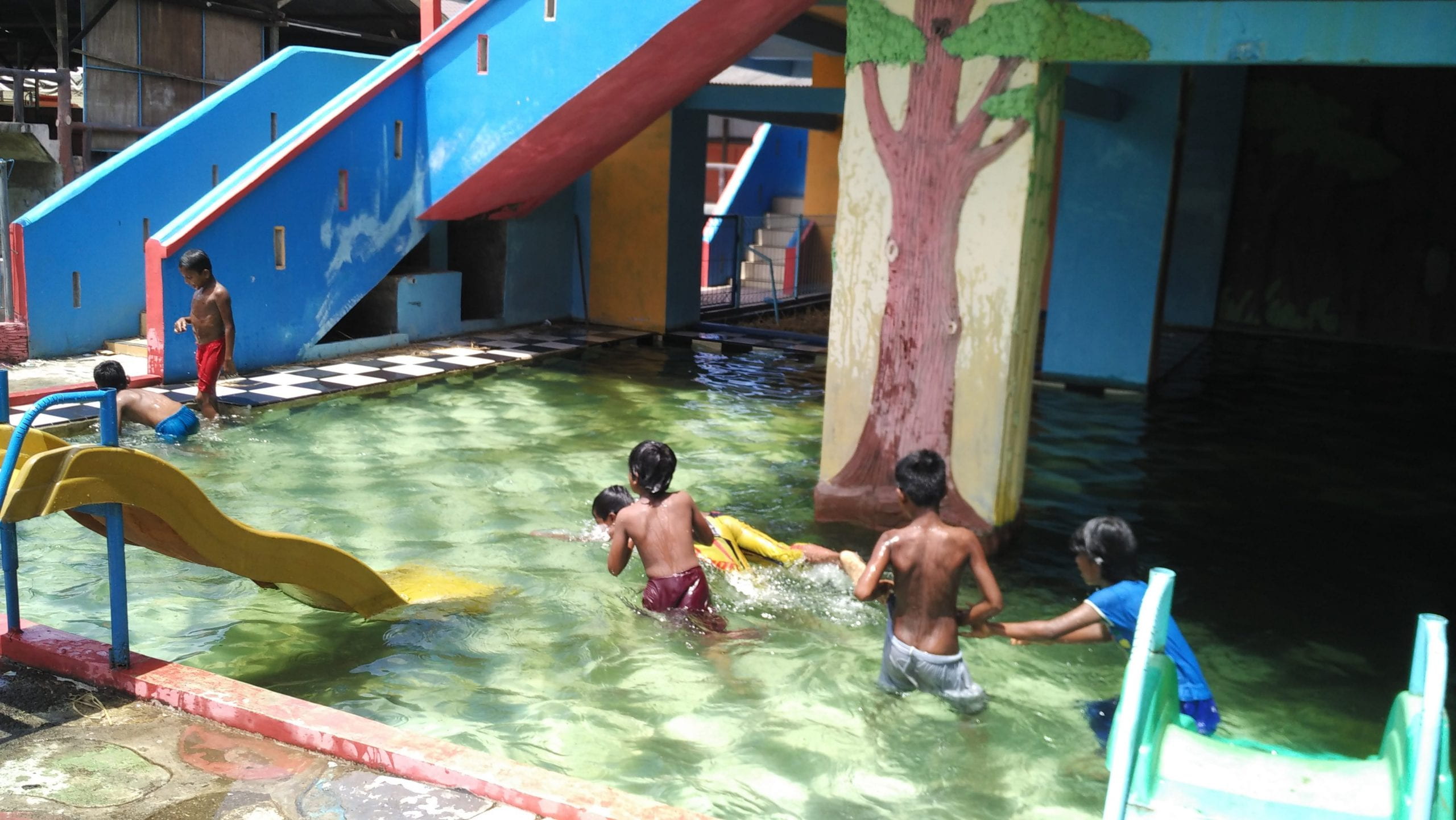
This has not been costless for the Acehnese community, who have their own history of conflict and disaster. In part, it is because the Acehnese know what it is like to be a victim of disaster or conflict, that they understand the importance of treating refugees not as objects to be managed efficiently or securely, but as fellow human beings. Moreover, given the large internally displaced population during Aceh’s conflict years, there is no shortage of Acehnese who have had years of experience organizing camps, aid distribution, and engaging with victims of conflict.
But it is not just their experience as victims that informs the Acehnese of how to do humanitarianism. The Acehnese insist that it is their custom to honour their guests, adat pemulia jamee (literally, custom of honouring the guest).
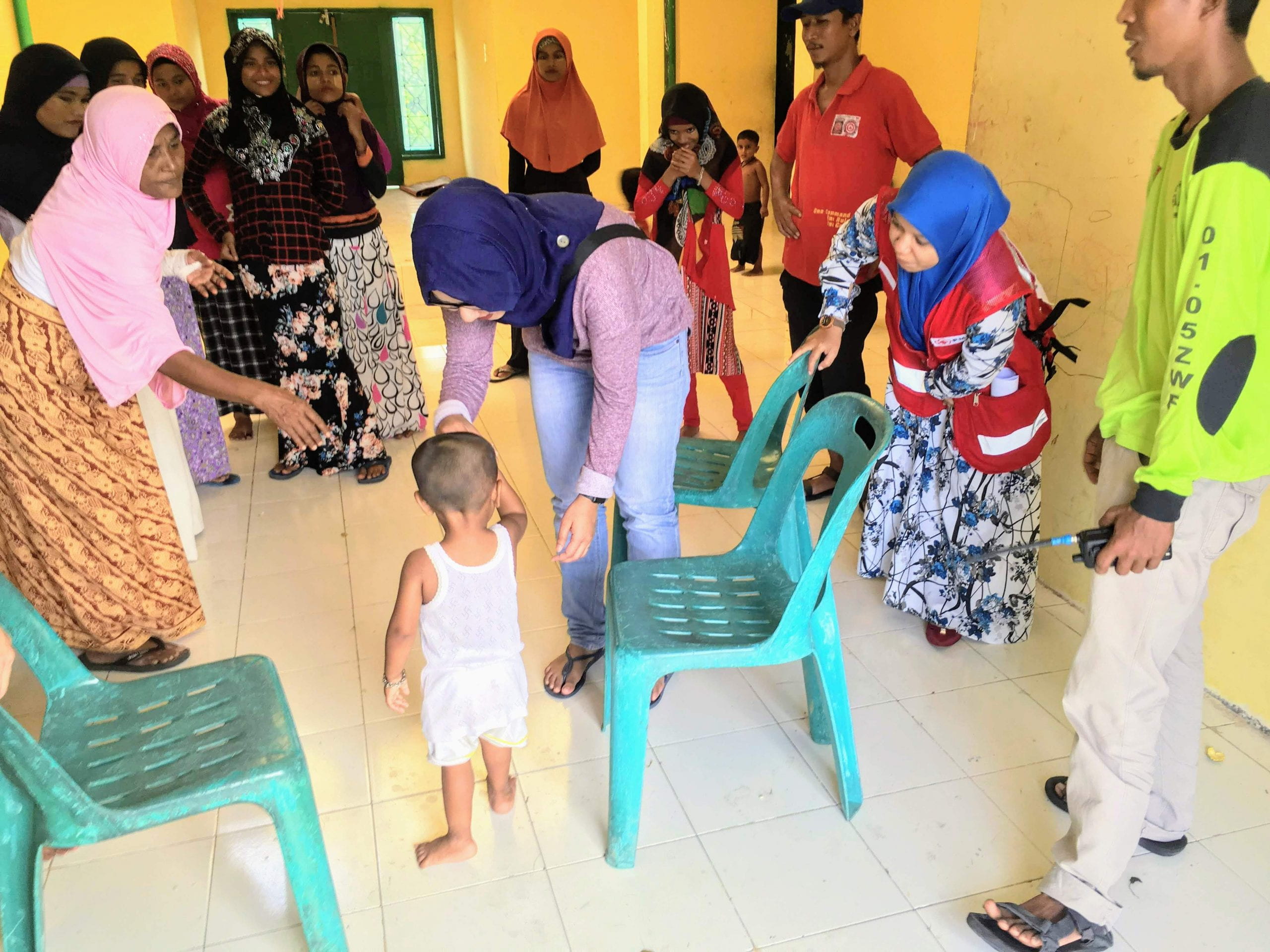
Contrary to the hyper-professionalized international humanitarian industry, everyday acts of Acehnese hospitality like these regularly disrupted my hyper-modern, efficiency-oriented, cold-hearted-optimizing sensibilities. It makes me think that the professionalization of humanitarianism (such as the SPHERE standards) often appears so obviously attractive because it promises tangible, visible, physical benefits, while masking what it takes away – the practical, intangible, human parts of everyday living. That doesn’t make professionalization inherently evil. However, hyper-professionalized projects, designed in the absence of relationships with the very people one wishes to help, become deeply suspect.
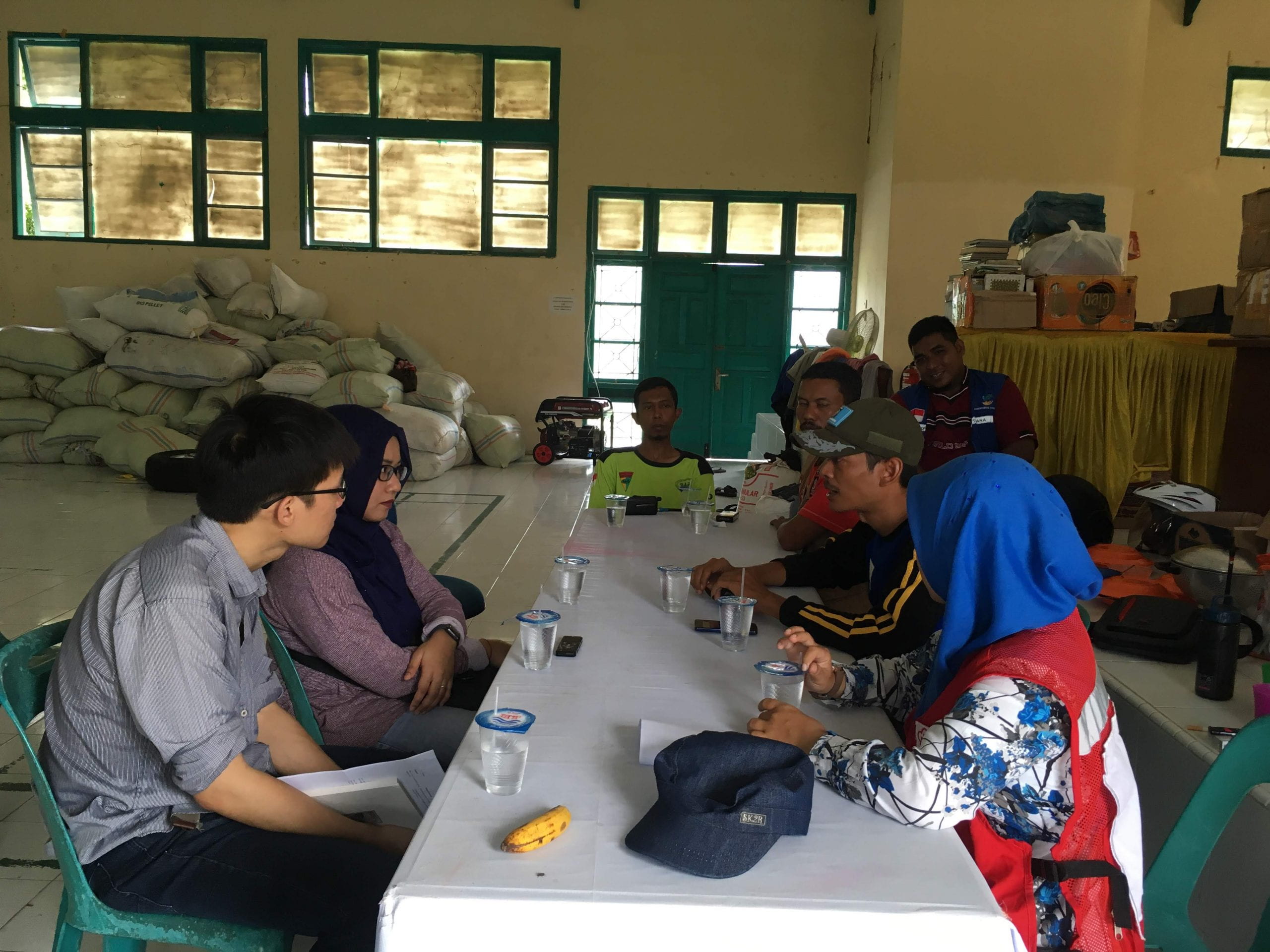
As one veteran humanitarian (pictured) put it:
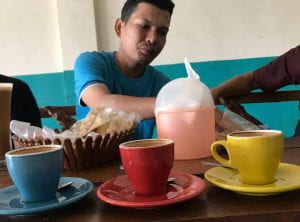
“The NGO world is a world where trial and error is always involved. You never have the peak of knowledge in this work. What’s best practice today may not be best practice in the next ten years. Best practices are always relative. Failure is always relative, and we are always learning.
For example, when the (Acehnese) fishermen rescued the Rohingya – that wasn’t the international standard. In fact, they were taking the risk to rescue them because it was illegal. They did it because of their local custom. That suggests that their local custom was better than the international standards. So why stick with the international standards when there is something better? If this best practice is better than the one before, why not change it?
The problem with professionalism is that it kills the inspiration to learn. How do you know something is done correctly if you’ve never failed? You should do first, and learn. Of course, don’t close your eyes when you do it. Keep your eyes open, be watchful, and you can gain new knowledge.”
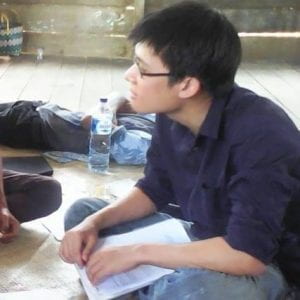
Amoz JY Hor is a PhD student in Political Science at the George Washington University. His research explores how emotions affect the way the subaltern is understood in practices of humanitarianism.
